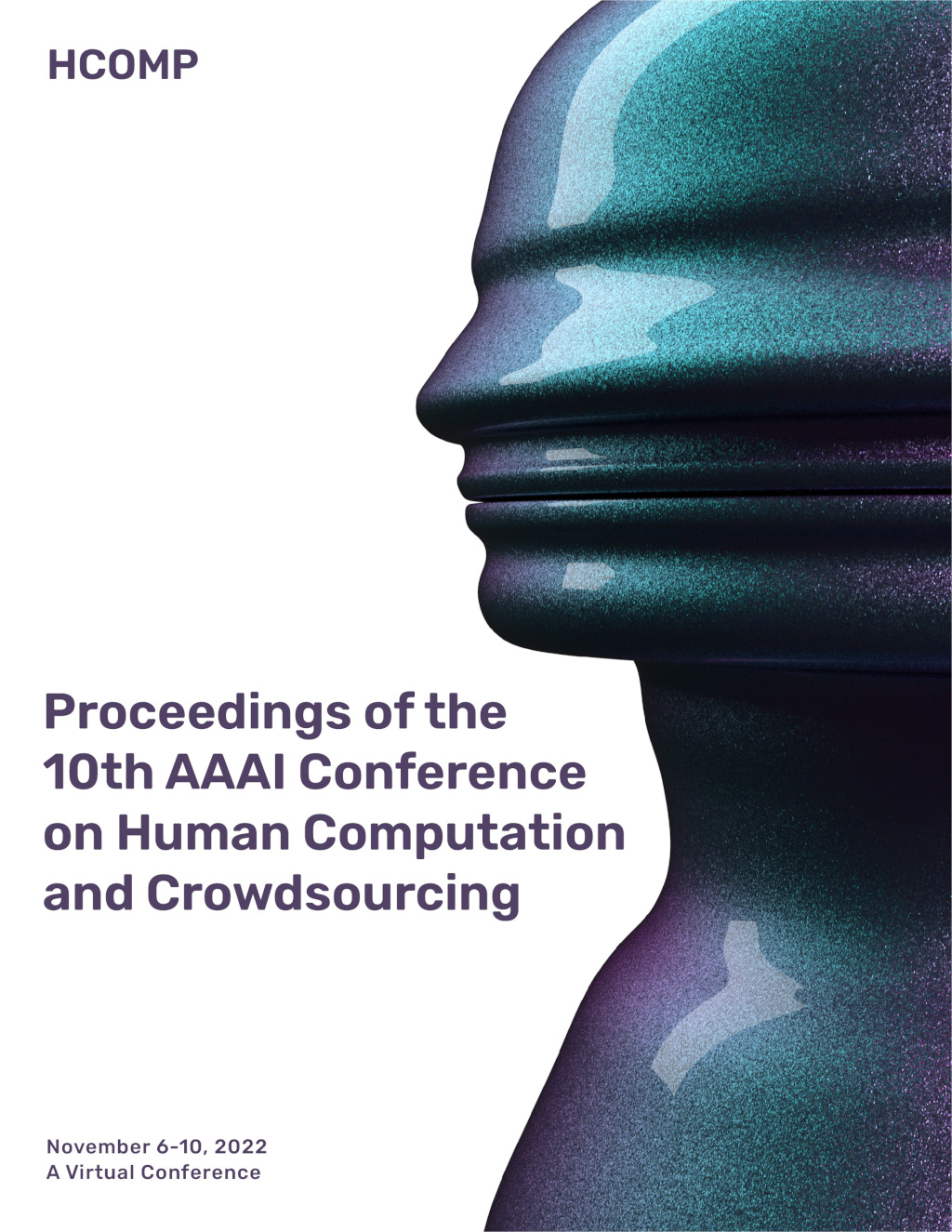Strategyproofing Peer Assessment via Partitioning: The Price in Terms of Evaluators’ Expertise
DOI:
https://doi.org/10.1609/hcomp.v10i1.21987Keywords:
Peer Review, Peer Assessment, Reviewer Assignment, Strategic BehaviorAbstract
Strategic behavior is a fundamental problem in a variety of real-world applications that require some form of peer assessment, such as peer grading of homeworks, grant proposal review, conference peer review of scientific papers, and peer assessment of employees in organizations. Since an individual's own work is in competition with the submissions they are evaluating, they may provide dishonest evaluations to increase the relative standing of their own submission. This issue is typically addressed by partitioning the individuals and assigning them to evaluate the work of only those from different subsets. Although this method ensures strategyproofness, each submission may require a different type of expertise for effective evaluation. In this paper, we focus on finding an assignment of evaluators to submissions that maximizes assigned evaluators' expertise subject to the constraint of strategyproofness. We analyze the price of strategyproofness: that is, the amount of compromise on the assigned evaluators' expertise required in order to get strategyproofness. We establish several polynomial-time algorithms for strategyproof assignment along with assignment-quality guarantees. Finally, we evaluate the methods on a dataset from conference peer review.Downloads
Published
2022-10-14
How to Cite
Dhull, K., Jecmen, S., Kothari, P., & Shah, N. B. (2022). Strategyproofing Peer Assessment via Partitioning: The Price in Terms of Evaluators’ Expertise. Proceedings of the AAAI Conference on Human Computation and Crowdsourcing, 10(1), 53-63. https://doi.org/10.1609/hcomp.v10i1.21987
Issue
Section
Full Archival Papers

